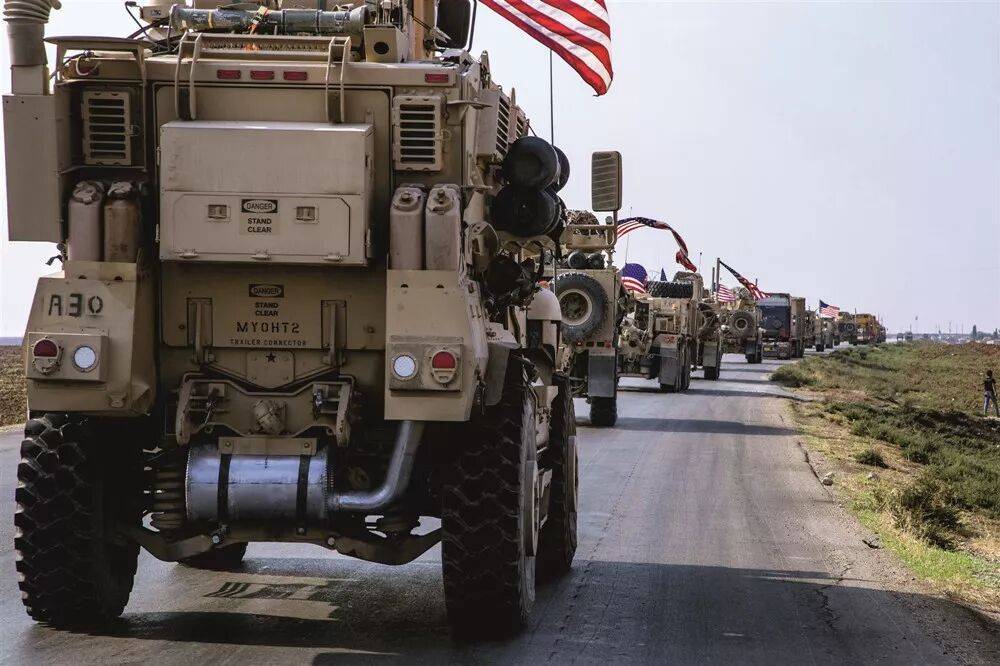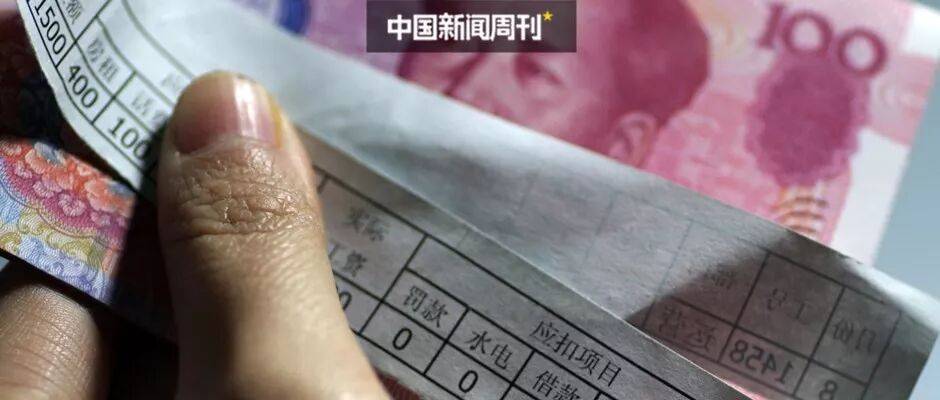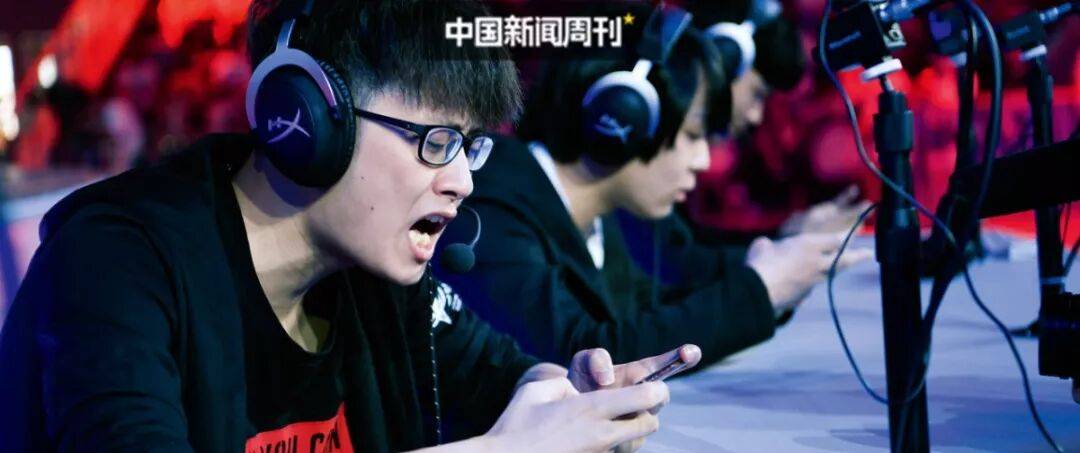29275
 With all the rage in domestic and international politics, Iranian people have suffered for a long time   On October 26, 2019, a US military convoy returned from Iraq to Hasakah Province in northeastern Syria. U.S. officials said hundreds of U.S. troops will be deployed in the oil fields in eastern Syria to ensure the safety of the oil fields. Photo / Midland Rediscovering Iran’s potential Text/Javier Solana (Former High Representative of the European Union for Foreign Affairs and Security Policy, former Secretary-General of NATO, former Minister of Foreign Affairs of Spain, current Chairman of the ESADE Center for Global Economics and Geopolitics, and Distinguished Fellow of the Brookings Institution) Published in the 932nd issue of "China News Weekly" on January 13, 2020 Humanity owes countless advances to Persian thinkers, who for centuries stood out for their unparalleled scientific sophistication. Today, Iran still ranks fifth in the world in terms of the total number of fresh graduates in STEM disciplines represented by science, technology, engineering and mathematics, second only to China, India, the United States and Russia. In this regard, Iran far surpasses technological powerhouses such as Japan. Furthermore, Japan's population is approximately 50% larger than Iran's. But scientific progress can also be a double-edged sword, as was the case with Iran's secret nuclear program, which was first exposed in 2002. Although Iran's supreme leader insisted that the program was for peaceful purposes and fully complied with the provisions of the Nuclear Non-Proliferation Treaty, the international community reacted cautiously. So, as the then EU High Representative, my task was to reach a diplomatic understanding with Iran. Iran's chief negotiator was Hassan Rouhani, who at the time was Iran's national security adviser. After many rounds of back and forth, the negotiations finally succeeded in 2015. Major global powers and Iran reached a truly historic nuclear agreement, the United Nations Comprehensive Plan of Action (JCPOA). By this time, Rouhani had become the president of Iran. Diplomacy is never easy, and there are no shortcuts for diplomats. As I expected, Rouhani is indeed a tough negotiating opponent, but I have always admired his openness and tolerance. In 2013, after I left politics, Rouhani very kindly invited me to attend his first presidential inauguration. After Rouhani laid out his plans in detail during the visit, I had no doubts about the new Iranian president’s determination to move beyond the “dark moments” of his predecessor Mahmoud Ahmadinejad’s administration. Doing constructive work always requires resilience and imagination, and Rouhani has neither. To wreak havoc, on the other hand, only requires ambition. Unfortunately, U.S. President Trump’s ambitions have grown beyond control. In May 2018, he forced the United States to withdraw from the JCPOA and set out to destroy the gains achieved through slow and painstaking diplomatic efforts. Trump has always displayed many contradictions, but we can still infer his current goals with regard to Iran because he has acted in similar ways in several other situations. His "maximum pressure" strategy seeks to create economic chaos in Iran in order to leave its leaders with no choice but to restart negotiations from a weaker position than before. Although U.S. sanctions have severely crippled the Iranian economy, the Iranian regime is no closer to the abyss and is unlikely to restart negotiations in the near future. Without carrots, sticks don’t work. Without the Trump administration first making some kind of concession, Iranian leaders have no incentive to begin negotiations. In fact, the U.S. economic offensive has hardened Iran's already less moderate political forces. The main beneficiary is Iran's Islamic Revolutionary Guard Corps (IRGC), a semi-independent arm of the Iranian military that has protected the integrity of the Iranian regime since the 1979 Islamic Revolution. Iran's Islamic Revolutionary Guard Corps has recently succeeded in bolstering its popularity at home by adopting a more nationalist than sectarian tone. Many Iranians believe that the United States' designation of the organization as a foreign terrorist organization is an insult to Iran. Furthermore, by impeding global trade with Iran, U.S. sanctions have effectively helped to bolster Iran’s Islamic Revolutionary Guard Corps, a group that is filling the void left by foreign multinationals while controlling trade channels for contraband. There is no doubt that Iran’s Islamic Revolutionary Guard Corps has a problematic presence elsewhere in the Middle East. The "Quds Force" affiliated with the Revolutionary Guards, under the command of the very personality General Qasem Soleimani, is fully responsible for extraterritorial operations and develops overseas agents in countries such as Iraq, Syria, Lebanon, and Yemen. There are reports that in 2016, with the support of the "Quds Force", Iran's Islamic Revolutionary Guard Corps established a "Shiite army" that mainly attracted foreign fighters. The above-mentioned actions have seriously damaged Iran's international image. At the same time, if countries such as the United States, Israel, and Saudi Arabia had not made so many unnecessary mistakes, Iran's influence in the Middle East would be much weaker than it is now. From the war in Iraq to the war in Yemen, major mistakes have led to Iran achieving huge geopolitical benefits at very low cost. While there is no shortage of reasons to distrust Iran, no diplomatic effort will be successful if there is only resentment at the table. To avoid getting lost in the maelstrom of recriminations, every professional diplomat must be able to see things from others' perspectives, even if this does not amount to defending them. In the specific case of Iran, this requires a full recognition of the factors that fuel the insecurities of its leaders. It should not be forgotten that Shiite Muslims are clearly a minority in the region and, unlike other religious groups, do not possess nuclear weapons. Not only that, but the United States’ sad record of peacetime regime change in foreign countries began with Iran, such as the overthrow of democratically elected Prime Minister Mohammad Mossadegh in 1953. All of these factors are deeply embedded in the psyche of the Iranian people and are reflected in many of the Islamic Republic's official statements. But Rouhani managed to overcome the hostility and work with other signatories of the JCPOA to achieve results. But just when the dark clouds in the sky were about to dissipate, the United States artificially caused a heavy downpour. By withdrawing from the 2015 nuclear deal and imposing new extraterritorial sanctions on third countries, the Trump administration has put governments and businesses around the world into an intolerable dilemma: either lose access to the U.S. financial system, or once again sit back and watch Iran fall into complete isolation. The storm set off by the United States may destroy all communication channels between the West and Iran, including areas such as science that should not be subject to too much political interference. Even Iranian scientists who engage in uncontroversial and harmless activities are feeling the pressure of US sanctions. As long as the U.S. "ultimatum"-style unilateral sanctions continue, Iran's huge scientific potential in promoting innovation and international cooperation will remain untapped. In fact, these play the same role in improving the overall well-being of the Iranian people. Iranians have long suffered from the anger that rages in domestic and international politics. The synchronization of the electoral cycles in Iran and the United States further adds to the complexity of the issue. The U.S. presidential and congressional elections in 2020 fall exactly between Iran’s congressional elections in February next year and the presidential elections scheduled to be held in 2021. Moreover, Rouhani, who has completed two terms, will not be eligible to run for president again. This upcoming election storm will further make it more difficult for Iran to soften its stance: the conservative wing of the Iranian regime is looking to take advantage of the fluctuations in Iranian polls caused by US policies to put heavy pressure on Iranian moderates. If the extreme parties in the United States and Iran win, the hostility between the two sides over the past 40 years will most likely deepen. Most of the time, this is an important reason for the deadlock in US-Iran relations. If relatively moderate forces can prevail, Iran's potential for peace will still have a chance to be better explored. After all, diplomatic efforts in recent years have succeeded once, and we should not discount the possibility that it will succeed again.  Editor on duty: Feng Chao Recommended reading ▼ Take a trip to Japan’s “backward areas” 985 graduates earn over RMB 10,000 per month, while 70% of fresh graduates earn less than RMB 6,000 per month. The magical reality of the e-sports circle: The anchor is worth over 100 million, but it is difficult to establish an "e-sports town" in the 18th tier |